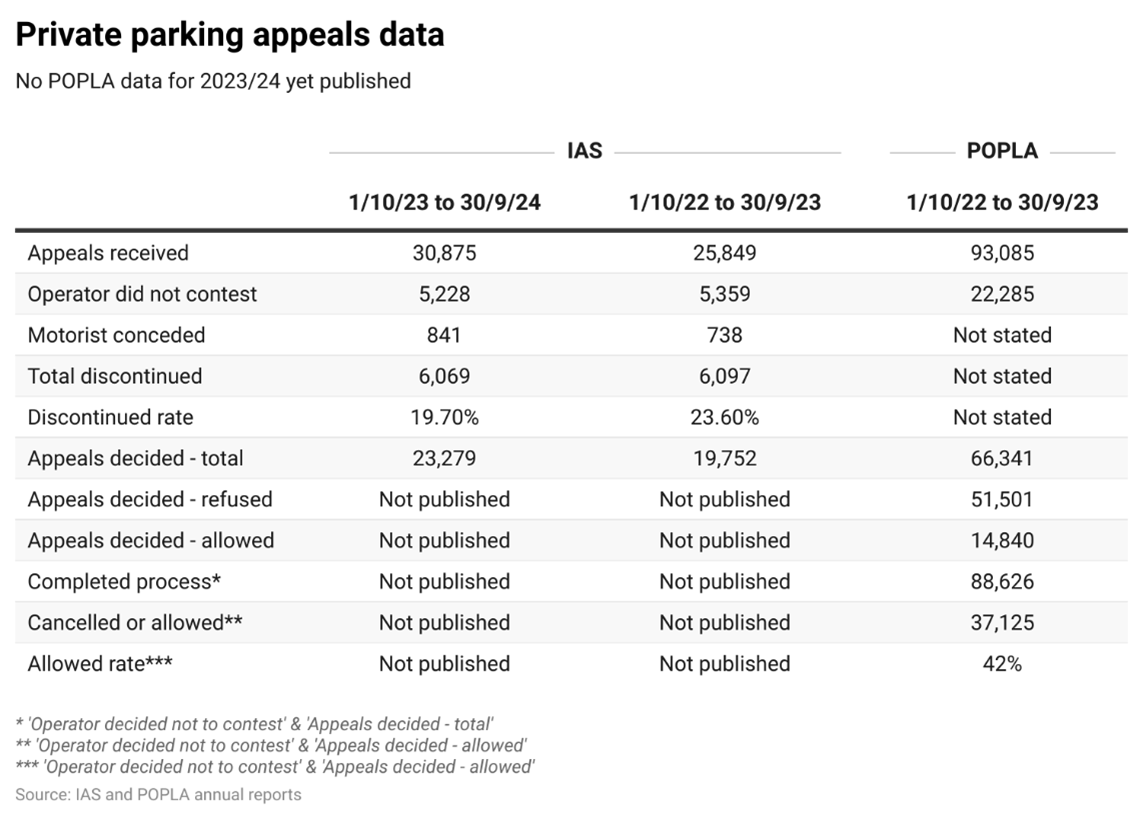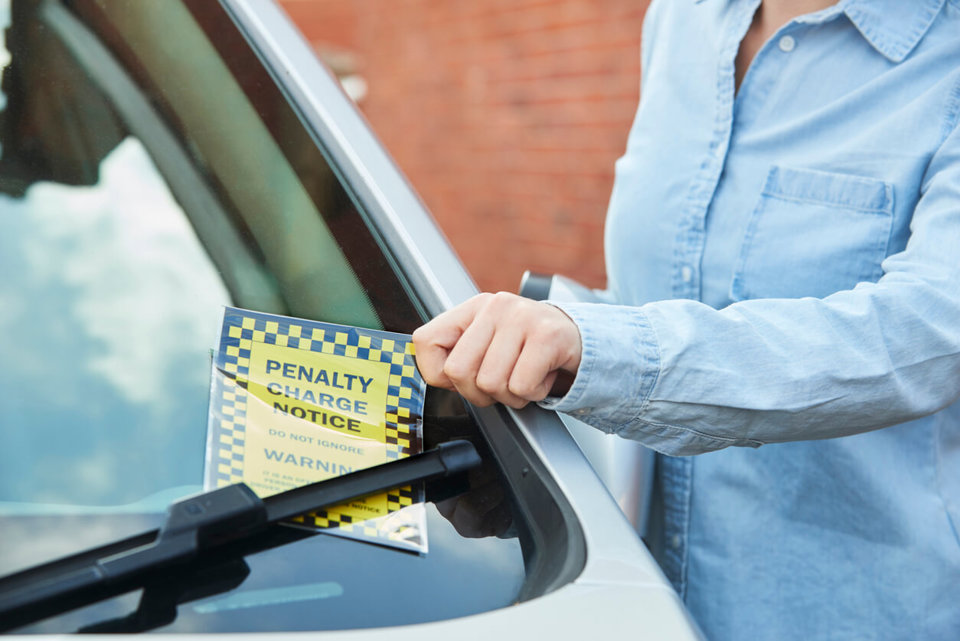The RAC is calling on the parking industry to publish full and transparent complaints data to prove claims that drivers who challenge tickets often succeed.
The industry’s two trade associations – the British Parking Association (BPA) and the International Parking Community (IPC) – do not currently publish any information about the number of complaints member companies receive about ‘parking charge notices’ they issue and how many they then cancel.
The RAC says that there is also a lack of data relating to the second-stage appeals process, which is used by drivers after their cases have been refused by car park management companies.
Currently, the two appeals bodies, paid for by the two trade associations, only publish very limited data, some of which the RAC claims is out of date and some of which lacks key information about the percentage of appeals that are allowed and refused.
For example, the BPA’s Parking on Private Land Appeals (POPLA) is still yet to publish its annual report for 2024, which covers 1 October 2023 to 30 September 2024, while the IPC’s Independent Appeals Service (IAS), which has published its 2024 report, does not reveal how many appeals were allowed or refused.
The last time the IAS did publish this information was in 2021/2022 when just 6% of appeals were allowed at adjudication, meaning 94% were found in favour of operators.
However, in its most recent report for 2022/2023, POPLA data shows 42% of cases resulted in parking charge notices being cancelled, either due to operators conceding or following an adjudication decision (37,125 out of 88,626 appeals that went through the POPLA process).

The RAC calculates that the 42% is made up 25% of appeals being cancelled by the operator (22,285 not contested by operators, out of all appeals received) and 17% being allowed at adjudication (14,840 allowed, out of all appeals received).
Looking solely at adjudicated appeals, the data in the POPLA 2022/2023 report shows it allowed 22% of cases and refused 78% (14,840 allowed and 51,501 refused, out of 66,341 appeals decided).
RAC analysis of Government data, published in July 2025, found that private parking firms made a record 14.4 million requests to the DVLA for vehicle keeper details in the 2024/25 financial year – the equivalent of nearly 40,000 a day.
RAC head of policy Simon Williams said: “After we predicted that private parking companies were on track to issue 14.5m tickets in the space of just a year, the industry claimed there wasn’t an issue with tickets being issued unfairly and drivers are often successful in getting them overturned when they appeal.
“While stories of drivers being treated poorly are all too common, data on the true number of complaints made to operators isn’t available.
“Even the information published by the industry’s two appeals bodies in their annual reports isn’t that revealing due to it either being out of date or scant.
“With the Government now consulting on what should be in the official Private Parking Code of Practice, we wanted to draw attention to the current lack of data about complaints.
“We believe the industry should have to publish the volume of complaints made to operators, including the reasons tickets were issued and the nature of the complaints, and whether or not they were cancelled.”
In the meantime, the RAC is calling on the private parking industry to voluntarily publish full and transparent complaints and appeals data.
Williams added: “We also urge POPLA to publish its 2024 annual report as soon as possible and for the Independent Appeals Service to update its report with the percentage of appeals that it allows and refuses.”
The IPC told Fleet News that it is currecntly reviewing the Government’s consultation and remains committed to improving the “transparency and accountability” of private land parking practices.
“Our goal is to ensure that parking remains available for those who need it, when and where they need it, and that it is managed in a fair, effective, and responsible manner,” a spokesperson added.
“We would once again encourage Mr Williams and the RAC to work constructively with us. If there are specific improvements they would like to see, we are more than willing to meet and explore what can be achieved together.
“It is worth reminding the public just how often they are able to park without any difficulty or disruption. That is the clearest sign that the sector is working, when parking is smooth, accessible, and uneventful. That success tends to go unnoticed, but it is precisely what a well-managed system delivers every day across the UK.
“Unfortunately, much of the recent criticism directed at the private parking sector appears aimed more at boosting media profile than driving meaningful change.
“It’s also important to highlight that some of the proposals previously backed by the RAC would unfairly increase the cost of motoring for the vast majority of drivers, those who follow the rules, in order to subsidise those who routinely flout them, including by parking in disabled bays.
“Constructive dialogue is always welcome, and we believe Mr Williams could have far greater impact by engaging in genuine discussion rather than focusing solely on raising the RAC’s public profile.”





















Login to comment
Comments
No comments have been made yet.